Rachel Freeman – An Xperience Interview
By Staff on November 7, 2024
Rachel Freeman – An Xperience Interview – by Liam Sweeny.
RRX: Can you tell me a little (or a lot) about Byrdhouse? What was the inception of it? Did it start with a concept, or was it the brick-and-mortar first?
RF: Byrdhouse began as a D.I.Y. venue in Albany, New York where I could share my passion for local music by booking dozens of independent bands and artists. Spanning three separate locations, the Byrdhouse was a welcoming environment in which a diverse crowd of music lovers could let loose and show support for their community. Since its inception, Byrdhouse shows have put a spotlight on numerous genres, amplifying marginalized voices to be heard by larger audiences. Though the Byrdhouse has ceased functioning as a venue, its original all-inclusive punk ethos remains intact through renewed booking efforts. Byrdhouse has now evolved into its next stage: an ever-growing conglomerate of creative collaborations moving from stage to stage and artist to artist. Byrdhouse’s most popular bookings include Weatherday, Vial, Horse Jumper of Love, Jigsaw Youth, and Weakened Friends for No Fun in Troy, as well as Guerilla Toss, Mannequin Pussy and Screaming Females for WCDB Albany. On top of booking popular alternative bands, Byrdhouse is also responsible for managing tours and shows for local up-and-comers including Senior Living, Alliteration, Candy Ambulance, and Lemon of Choice. Together, with the support of the Capital Region’s many amazing D.I.Y. communities, Byrdhouse has managed to book over 100 shows with no signs of stopping yet. We’ll see you at our next show.
As of now, I have worked with the staff of No Fun, Tex of Hey Greasy, and Shane of Super Dark Collective, along with investors to carry the power and ownership of beloved Troy venue No Fun.
Along with efforts towards No Fun, I also work with creatives across the state, including collaborations with Ella Kasper in Binghamton to book and spread the love of DIY music there. Byrdhouse is growing and collaborating with many like-minded individuals, including our Hudson Valley/New Paltz sister collective Doors at 7.
I wouldn’t be where I am without the help of others and collaborating with the DIY community.
RRX: Zeke told us about the Times Union getting her address and basically doxing her and Caesar’s Palace. And it strikes me that underground music, a purely benign pursuit, can be seen by the bureaucratic world as some aberration. Can the city do things to help places like Byrdhouse, Caesar’s Palace, or Rat Den, instead of trying to shut them down?
RF: For DIY venues, the concern of being shut down by the cops has always hung pretty high above the heads of people who run it. If the bureaucratic world could focus on actual crimes more than trying to shut down venues, and abolish the worry for venue-runners, I believe that the DIY scene would prosper that much more.
If bureaucratic entities step in, to me, it doesn’t really seem as DIY to me. But if there were community resources that could help fund and source those running DIY, there could be some benefit to folks. Something to hone the safety and teach those around; a community-helping-community feel.
RRX: I like to focus on a scene, maybe it’s the writer in me. So let’s talk about two moments having to do with your experience with the underground DIY scene. So far, what was your most beautiful moment? Can you describe it? And what was your saddest moment? Same thing.
RF: Sad: creative spark suffered and as everything suffered, the DIY scene had a huge damper because of COVID. It was truly sad having to cancel huge festivals and shows I had booked because of the pandemic. It felt like I was about to hit my peak during Byrdhouse Basement 2 and it got crapped on. I couldn’t see my friends and musicians. It truly was an incredibly sad moment for me. Seeing the community hit a Great Depression if you will. (Byrdhouse Basement 2 is where I hit my stride as a booker, and seeing all my hard work get trampled on was a hard time.)
Beautiful: brick-and-mortar Byrdhouse.
All the memories of piecing together the venues and coming together as friends who have a deep pleasure in working together to showcase music.
First venue: first show; seeing it all come together and do something we were proud of.
Second venue: favorite venue of the three, where we truly tore down walls and built that basement fit for shows. Sharing all that time with my friends and musicians and getting to know the scene and people more.
Third venue: last show after a festival that was supposed to happen forever ago. Phoenix Fest, all my friends together, and dedicating the last song to Jonah (our friend who passed away two days before the first Byrdhouse show. We dedicated a song to him at the first-ever show and were able to do the same for the last-ever basement show.) The community DIY was really felt at that last show.
RRX: Byrdhouse, Caesar’s Palace, Rat Den, Dojo … it wasn’t just for local acts. Bands from the region, maybe from the country, did touring stops. BJ told me about Ben Rowe’s “2 Dead Hummingbirds” promotions, said a lot of great bands came through that way. Can you tell me about that, or any other effort to bring bigger acts in?
RF: Yeah, so putting Albany on the map so that bigger touring acts will play Albany is super important to me. We want our favorite artists from all around to come play in Albany. Byrdhouse’s focus has been putting a spotlight on local bands and showcasing what our community is about, in hopes of pulling bigger touring acts too, to support and relish in harmony with each other.
RRX: Zeke talked about a lot of the shows going to bars and businesses now, like No Fun and Son of Egg. Do you think it’s inevitable when you get successful that you have to move what you’re doing “aboveground?” Can the underground shows successfully coexist with traditional shows, like bar shows?
RF: Inevitable might not be the right choice of word or paint the right picture, but I think as venue-runners experience their calling and have a passion for booking shows and being involved, they want to bring it to a bigger setting and evolve a bit. My roots will forever be in DIY, and I would be nowhere without it. I don’t think it’s inevitable but I think it’s a rite of passage for the few that do find it to be their calling.
I truly believe DIY shows are super important to coexist with traditional shows. DIY shows are paramount to keep the community thriving with smaller bands starting off, and for people to get a sense of the roots in the community. I see DIY as the root of the scene, and the bar venues as the evolution of said roots.
RRX: Someone from ESPN somewhat recently said that there was nothing to do in Albany. Some people here defended her statement. What would you say to that?
RF: She’s not wrong but she’s not right. To her point, with regard to nightlife, she could be correct because the city bureaucrats don’t value the nightlife and for places to operate to excite tourists and natives alike. For example, the cabaret license puts a damper on businesses being able to showcase local talent. She’s wrong in the sense that we have a great underground community, with shows happening and fun events held by community organizers.
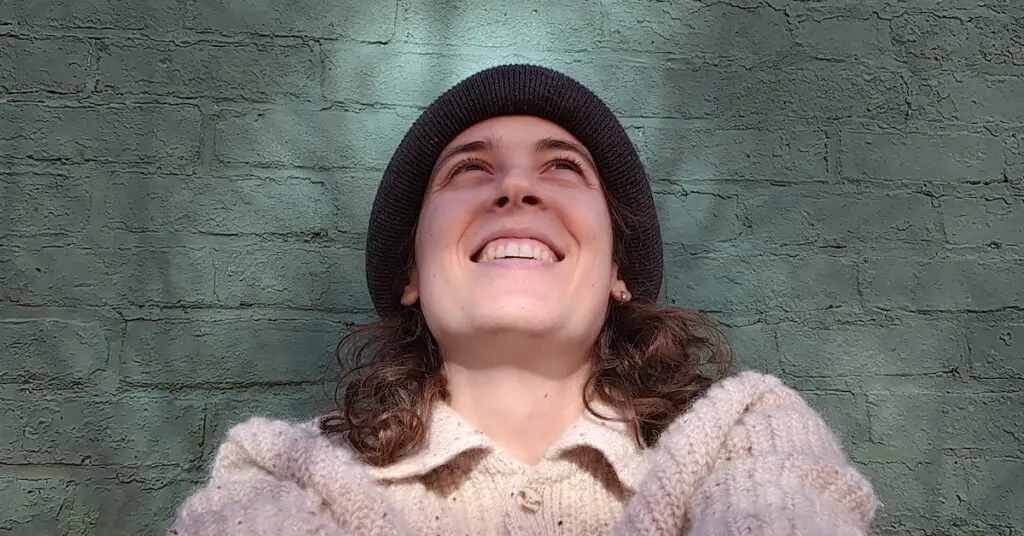
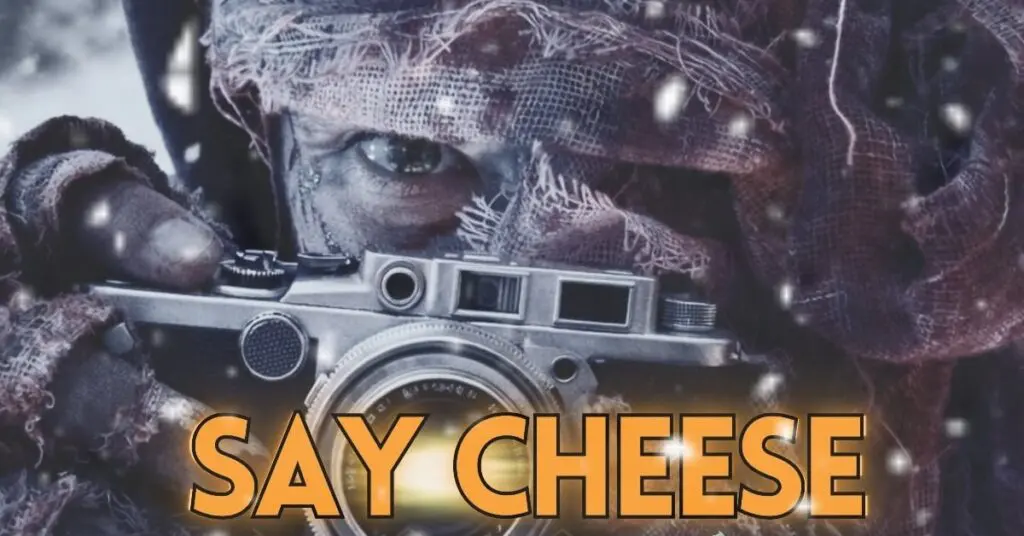
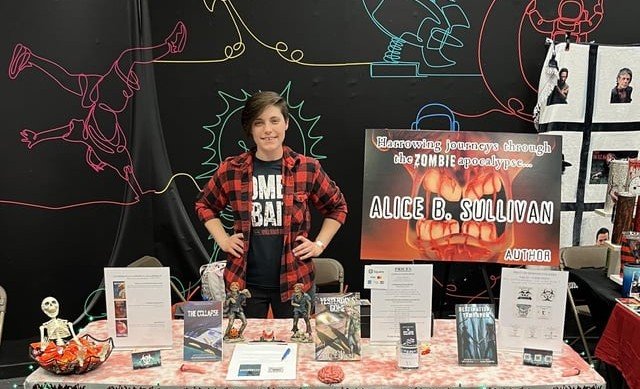
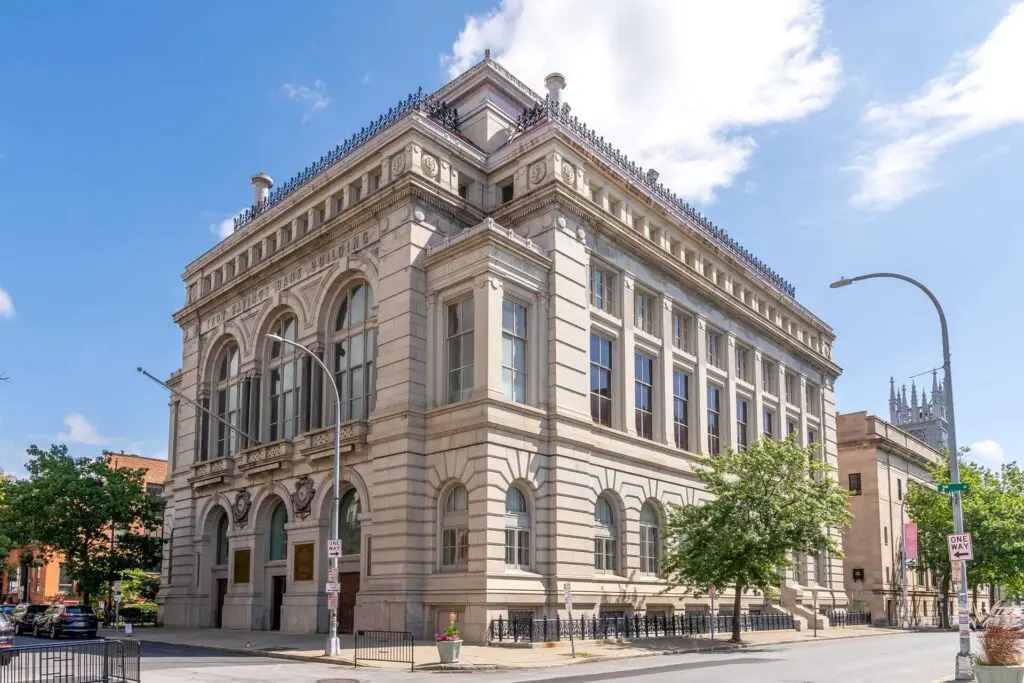
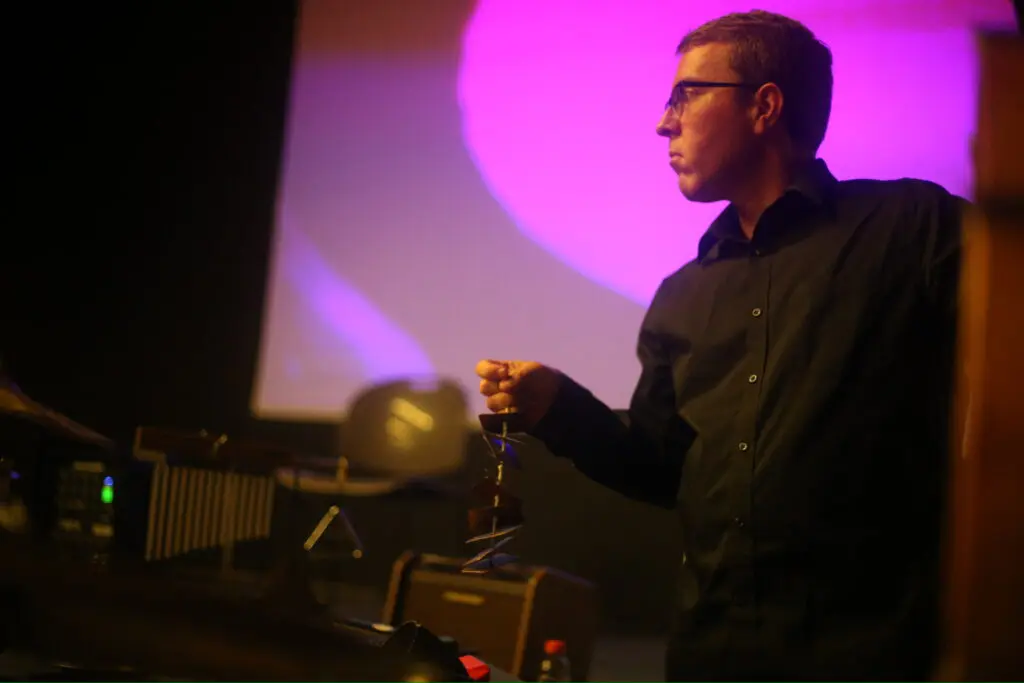
 RadioRadioX
RadioRadioX